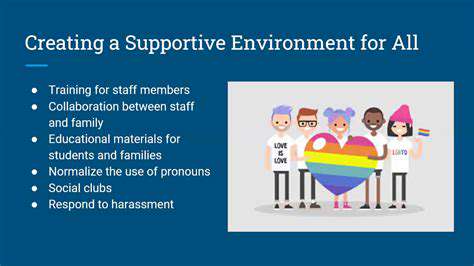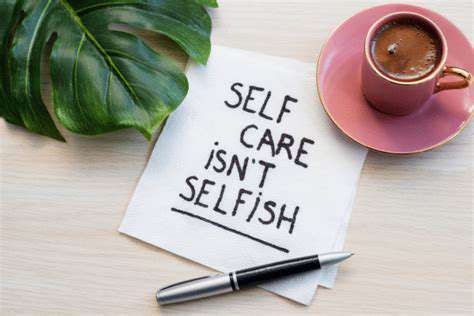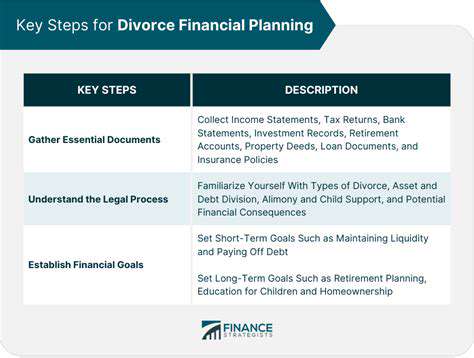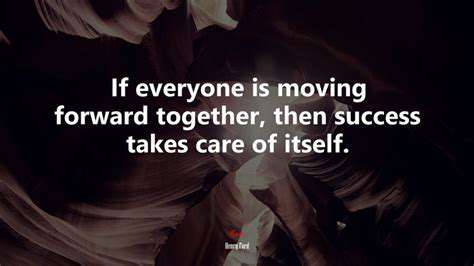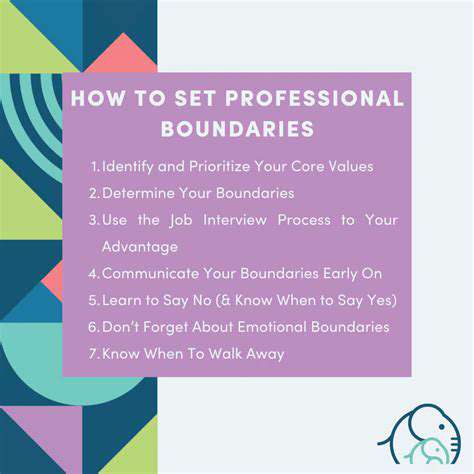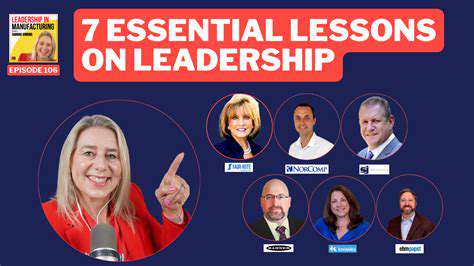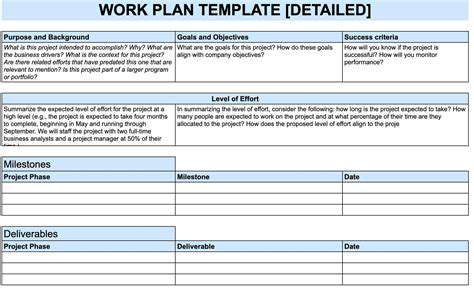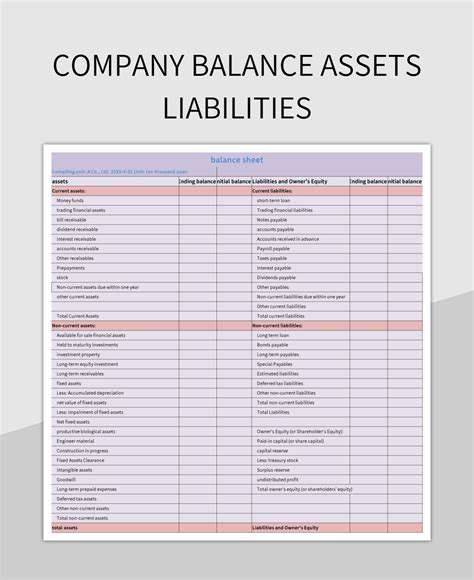Maintaining Mutual Respect with an Ex
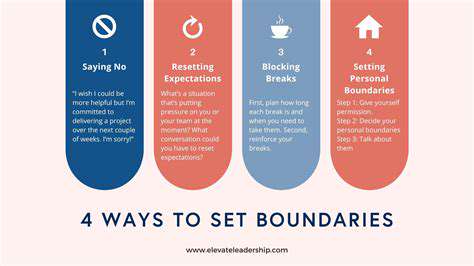
Defining Your Limits
Healthy relationships require clear boundaries, especially after a breakup. Take time to reflect on what makes you comfortable versus what drains your energy. Your emotional needs aren't negotiable - they're the foundation of your wellbeing. Many people struggle with guilt when prioritizing themselves, but this self-care isn't selfishness. It's survival.
Try this exercise: list three non-negotiable boundaries you need right now. Maybe it's not discussing your ex with mutual friends, or avoiding certain triggering locations. These personal rules aren't walls to isolate you - they're guardrails protecting your recovery.
Communicating Your Boundaries
Expressing limits requires courage and clarity. Instead of vague statements like I need space, try specific requests: I won't be attending group events where my ex will be present for the next two months. Notice the difference? One leaves room for interpretation while the other establishes clear expectations.
Pro tip: Practice boundary scripts with a trusted friend first. You'll gain confidence before having these conversations in real situations.
Recognizing and Responding to Boundary Violations
Boundary pushers come in many forms - the just checking in ex, the neutral friend who shares updates, or even your own inner voice making excuses. Your body often signals violations before your mind acknowledges them - that knot in your stomach or tension in your shoulders? Pay attention.
When someone crosses a line, you have options beyond confrontation. Sometimes a simple That doesn't work for me with changed subject works wonders. Other times, you might need to physically remove yourself. Remember: You teach people how to treat you by what you tolerate.
Maintaining Your Boundaries
Think of boundaries like muscle memory - the more you practice, the stronger they become. Keep a journal tracking when boundaries helped you versus when you compromised them. This isn't about perfection, but progressive self-protection. You'll notice patterns revealing which situations need firmer limits.
Seasonal changes might require adjustments. The boundaries you need at one month post-breakup will differ from those at six months. Regular check-ins ensure your rules still serve your healing.
Overcoming Challenges in Setting Boundaries
Common roadblocks include people-pleasing tendencies or fear of being difficult. Reframe this: Clear boundaries actually make relationships healthier long-term by preventing resentment. Start small if needed - maybe mute rather than unfollow at first.
When guilt creeps in, ask: Would I judge a friend for protecting their peace this way? Usually, we're much harsher on ourselves. Your healing deserves at least the same respect you'd give others.
Managing Social Media Interactions and Shared Friendships
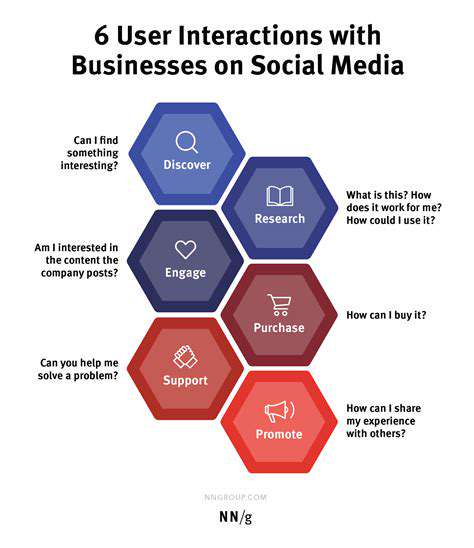
Planning and Strategy
Digital boundaries require intentionality. Before reacting, create a 30-day social media plan. Will you do a complete detox? Just limit certain platforms? Your online space should support your healing, not reopen wounds. Consider temporarily unfollowing mutual friends who overshare, or using mute features strategically.
Practical tip: Change your phone's home screen to a reminder like Scroll with intention to break mindless checking habits.
Engagement and Interaction
Social media after a breakup often feels like navigating a minefield. Develop response templates for awkward situations: I appreciate you thinking of me, but I'm not ready to discuss that works for most inquiries. Quality connections matter more than quantity right now - focus energy on supportive contacts.
Remember: You're not obligated to perform okayness for others' comfort. Authenticity attracts the right support.
Crisis Management
Unexpected digital encounters happen - maybe your ex appears in a tagged photo, or someone comments on old posts. Have a friend on speed-dial for these moments. Reacting immediately often leads to regret; even a 24-hour delay brings perspective. Use platform tools like Hide from profile or Snooze notifications as temporary solutions.
Content Creation and Curation
Your feed should inspire, not depress. Conduct a ruthless purge of accounts that trigger comparison or sadness. Replace them with uplifting content - maybe travel bloggers or hobby communities. What you consume digitally shapes your emotional landscape as much as real-world interactions.
Consider creating a private healing account just for your eyes, filled with motivational quotes and personal milestones.
Monitoring and Analytics
Track your digital habits like a scientist. Notice when you're most vulnerable to unhealthy scrolling (late nights? Sunday afternoons?) and plan alternatives. Use screen time reports not as shame triggers, but data for positive change. Each week, celebrate small wins - maybe you reduced Instagram time by 30 minutes.
Remember: Social media is a tool. You control it, not vice versa. When it stops serving you, walk away - even temporarily.
Read more about Maintaining Mutual Respect with an Ex
Hot Recommendations
- divorce asset division legal checklist
- how to overcome breakup shock step by step
- divorce self growth strategies for single parents
- how to overcome divorce trauma quickly
- emotional recovery tips for breakup survivors
- divorce breakup coping strategies for adults
- how to find effective divorce counseling online
- divorce custody battle resolution strategies
- how to find affordable breakup counseling services
- best co parenting solutions for divorce cases

